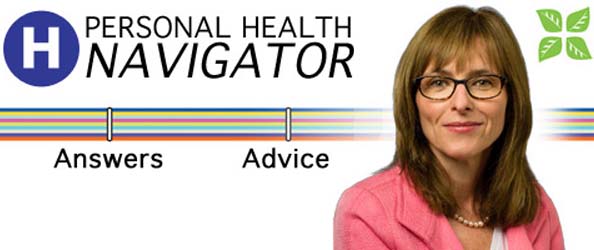Can “bottom up” measurement improve the quality of Canadian health care?

Progress has been made in measuring the quality of Canadian health care. Yet there are still large gaps in what is measured in our health care system, and much of what is measured is only useful to top-level system managers, not to the front-line clinicians whose day-to-day work is so important to the overall quality of the system. This leads experts to question whether measurement is being used effectively to improve the quality of Canadian health care.















